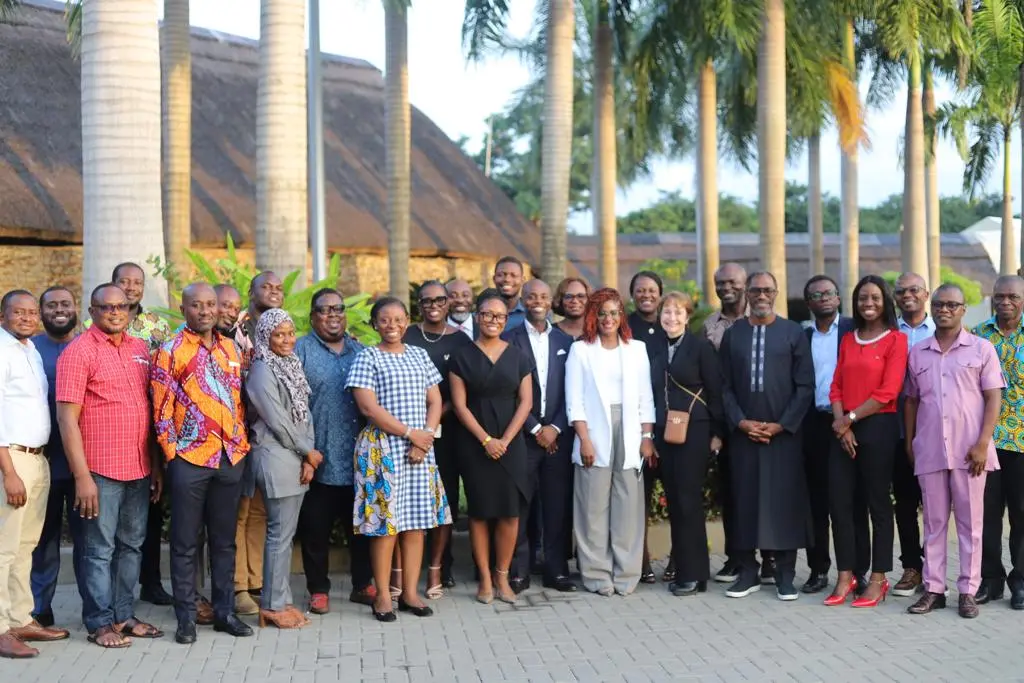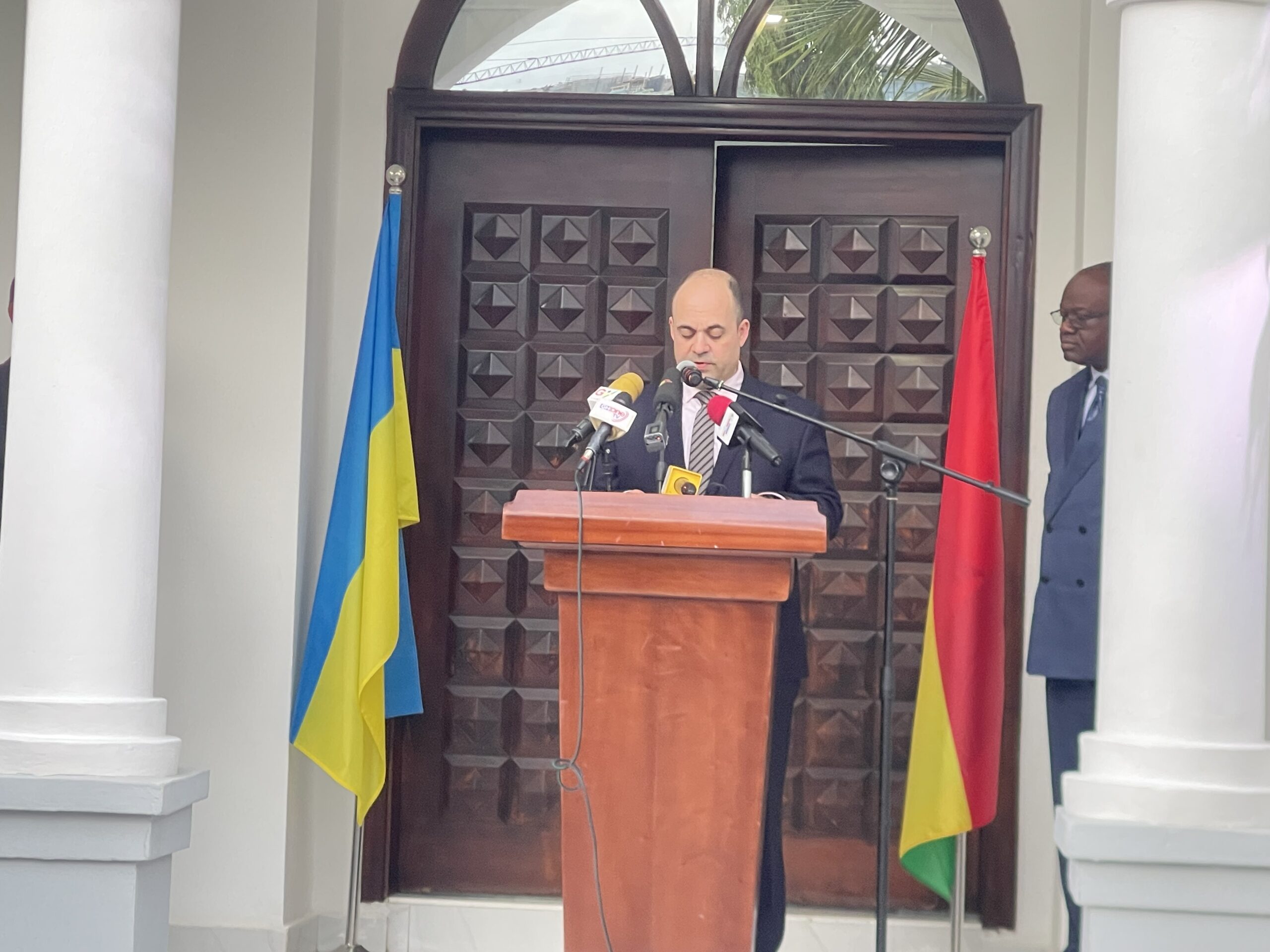
Once again, tragedy has struck on the Volta Lake. On Saturday, October 11, 2025 fifteen lives were lost near Kete Krachi, after yet another boat accident, a grim addition to a string of recurring disasters on one of Ghana’s most vital waterways. The pain and sorrow these incidents bring to families and communities have become all too familiar, yet national action remains disturbingly inadequate.
The Volta Lake, stretching over 8,000 square kilometres, is not merely a water body – it is the lifeline for over two million Ghanaians who depend on it daily for transport, trade and livelihood.
However, it has also become a symbol of state neglect and systemic failure in enforcing maritime safety regulations. Each year, dozens perish on this lake, often due to preventable causes such as overloading, poor vessel maintenance, lack of life jackets and weak oversight from regulatory authorities.
This latest tragedy mirrors a deadly pattern. In April 2022, about 40 people were feared dead after a boat capsized on the lake. In November 2023, five people died, one went missing and six others were rescued after another capsizing incident near Kyiribra, in the Afram Plains South District.
Similarly, in August 2019, four people lost their lives under similar circumstances. Despite repeated promises, each new accident exposes the same old problems, lack of safety infrastructure, absence of effective monitoring and a worrying culture of complacency among both operators and regulators.
The Minority in Parliament’s recent call for urgent government action is both timely and necessary. Their demand for the immediate implementation of the Volta Lake Transport Limited project, secured under a $150 million facility from the Korean Exim Bank in 2020, deserves national attention.
If executed effectively, this project could transform the Volta Lake into a safe, efficient and well-regulated transport corridor integrated into Ghana’s broader transportation network. But promises mean little without tangible results.
The government must treat inland water safety as a public safety emergency. The Ghana Maritime Authority (GMA) must not wait for another tragedy before acting. It must intensify regulatory oversight, enforce strict vessel registration, and ensure that every boat operator meets safety standards. Overloading should attract punitive sanctions and every passenger vessel must be equipped with sufficient life jackets and basic safety gear.
Beyond regulation, there is an urgent need for public education and community engagement. Many rural travelers on the Volta Lake have limited understanding of maritime safety or access to safety equipment. Regular awareness campaigns, backed by local assemblies and transport unions could save lives.
Government must also invest in early warning and rescue infrastructure including communication systems, search-and-rescue boats and trained response teams positioned along the lake’s major transport points. In times of crisis, rapid response can make the difference between life and death.
The tragedies on the Volta Lake are not acts of fate, they are the consequences of neglect. Ghanaians cannot continue to mourn year after year for lives lost to the same preventable causes. The time for reports, press releases and empty pledges is long past.
This latest disaster should serve as a national wake-up call. The government must act decisively not only to honour the memory of those lost, but to ensure that no Ghanaian ever has to die again, simply for using the Volta Lake to reach home, work or market.
For more news, join The Chronicle Newspaper channel on WhatsApp: https://whatsapp.com/channel/0029VbBSs55E50UqNPvSOm2z
The post Editorial: Expedite Implementation Of The Volta Lake Transport Project To Curb Accidents appeared first on The Ghanaian Chronicle.
Read Full Story
























Facebook
Twitter
Pinterest
Instagram
Google+
YouTube
LinkedIn
RSS